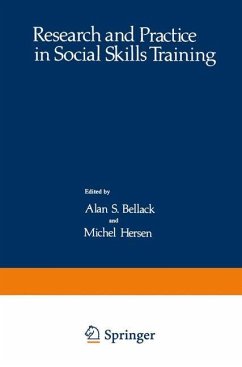Master's Thesis from the year 2017 in the subject Biology - Neurobiology, Humboldt-University of Berlin, language: English, abstract: The present paper will not focus on performance measures of group work, but rather on biological correlates of social interaction. Thus, it is interesting to investigate social interaction in a scientific manner to gain a better understanding of both the behaviour of interacting individuals and the ongoing processes in the body, which contribute to social interaction. In the following parts of this chapter, the area of social neuroscience and the method of neurofeedback will briefly be introduced. In present society, it is widely known that working together can lead to better results than working alone. This means that the performance outcome of a team is not simply the sole summation of the capacities of the single individuals, but indeed higher than this, because humans who work in teams are healthier and more motivated. In addition, it has been revealed that in companies, teams generate more innovative product solutions compared to a single person. During their whole lifespan, human individuals interact with other humans every day and in many different situations. Humans are social creatures who have social needs and constructs, and who live in groups. Living in a group requires coordinated social interaction between individuals, which leads to social constructs, and social bonds. Coordinated social interaction can be observed in many daily situations, such as carrying home food from the supermarket together with a friend, cleaning up at home with a relative or helping a roommate getting dressed. There are several factors which constitute and modify the social interaction context, such as the time point of the social interaction, the mood of the individuals, and the social frame of the situation. For instance, a person normally reacts to other individuals differently during daytime compared to nighttime, as the visual input is completely different and therefore information about the identity and the mood of a person who passes by is calculated slower than at daytime. Also, if a person has received bad news recently and therefore is in a bad mood, the person¿s reaction will probably differ to input such as personal updates thereafter. Also, time pressure and resulting stress play a role in human social behaviour, among many other factors.
Hinweis: Dieser Artikel kann nur an eine deutsche Lieferadresse ausgeliefert werden.
Hinweis: Dieser Artikel kann nur an eine deutsche Lieferadresse ausgeliefert werden.








